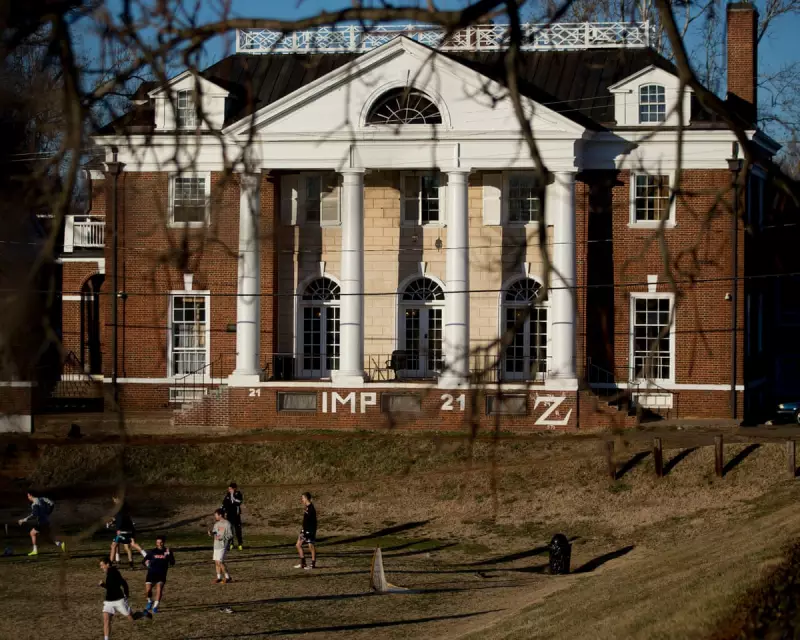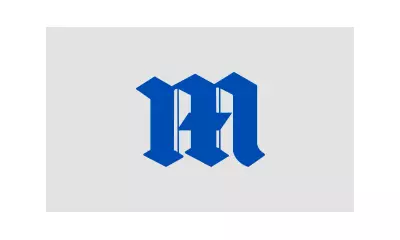
Dangerous Precedent Set in University-Federal Government Agreements
Recent settlements between prominent American universities and the Trump administration have raised serious concerns about the future of academic independence in the United States. The University of Virginia and Cornell University have entered into separate agreements with federal authorities that critics argue represent a significant threat to institutional autonomy and freedom of inquiry.
The Troubling Details of UVA's Agreement
On 22nd October, the University of Virginia announced a settlement that initially appeared narrowly focused on diversity, equity, and inclusion programmes. University leaders described it as upholding institutional principles and independence while resolving ongoing federal investigations. However, the reality reveals a much more concerning situation.
The agreement effectively binds UVA to the Trump administration's expansive definition of discrimination, which exceeds current legal requirements and may force the university to violate statutory and constitutional law. Rather than freeing the institution from government oversight, the settlement subjects UVA to continuous federal monitoring through 2028, with the risk of severe financial penalties if federal authorities determine the university hasn't complied to their satisfaction.
Perhaps most alarmingly, the federal government reserves the right to terminate the agreement at any time and pursue enforcement actions, monetary fines, or funding terminations. The university president must certify compliance quarterly under penalty of perjury, exposing the institution to potential civil and criminal liability for civil rights fraud under the False Claims Act.
Cornell's Costly Compromise
Cornell University's agreement, announced on 7th November, presents different but equally troubling concerns. The institution agreed to pay $60 million despite federal authorities never finding that Cornell violated civil rights laws. The settlement requires the university to provide admissions data that could potentially be used to accuse the institution of race discrimination if its student body becomes too diverse.
The agreement mandates that Cornell use the Department of Justice's extralegal discrimination guidance as a training resource for faculty and staff, potentially encouraging university employees to engage in unlawful discrimination. Additional provisions require disclosure of student information that could be shared with law enforcement agencies, raising concerns about potential immigration consequences for international students.
Broader Implications for Academic Freedom
These agreements create a dangerous precedent that could fundamentally alter the relationship between federal government and higher education institutions. While both settlements affirm academic freedom and promise no interference with curricula, the practical reality suggests otherwise.
When universities face potential financial penalties based on federal government determinations made at its sole discretion, administrators, faculty, and students face strong incentives to avoid any speech or conduct that might attract negative attention from authorities. This chilling effect strikes at the heart of the freedom of inquiry that has made American higher education globally respected for its contributions to innovation, economic prosperity, and knowledge creation.
The bespoke nature of these agreements allows the federal government to quietly exert control over both public and private institutions, setting a pattern that should concern all who value academic independence and intellectual freedom.



